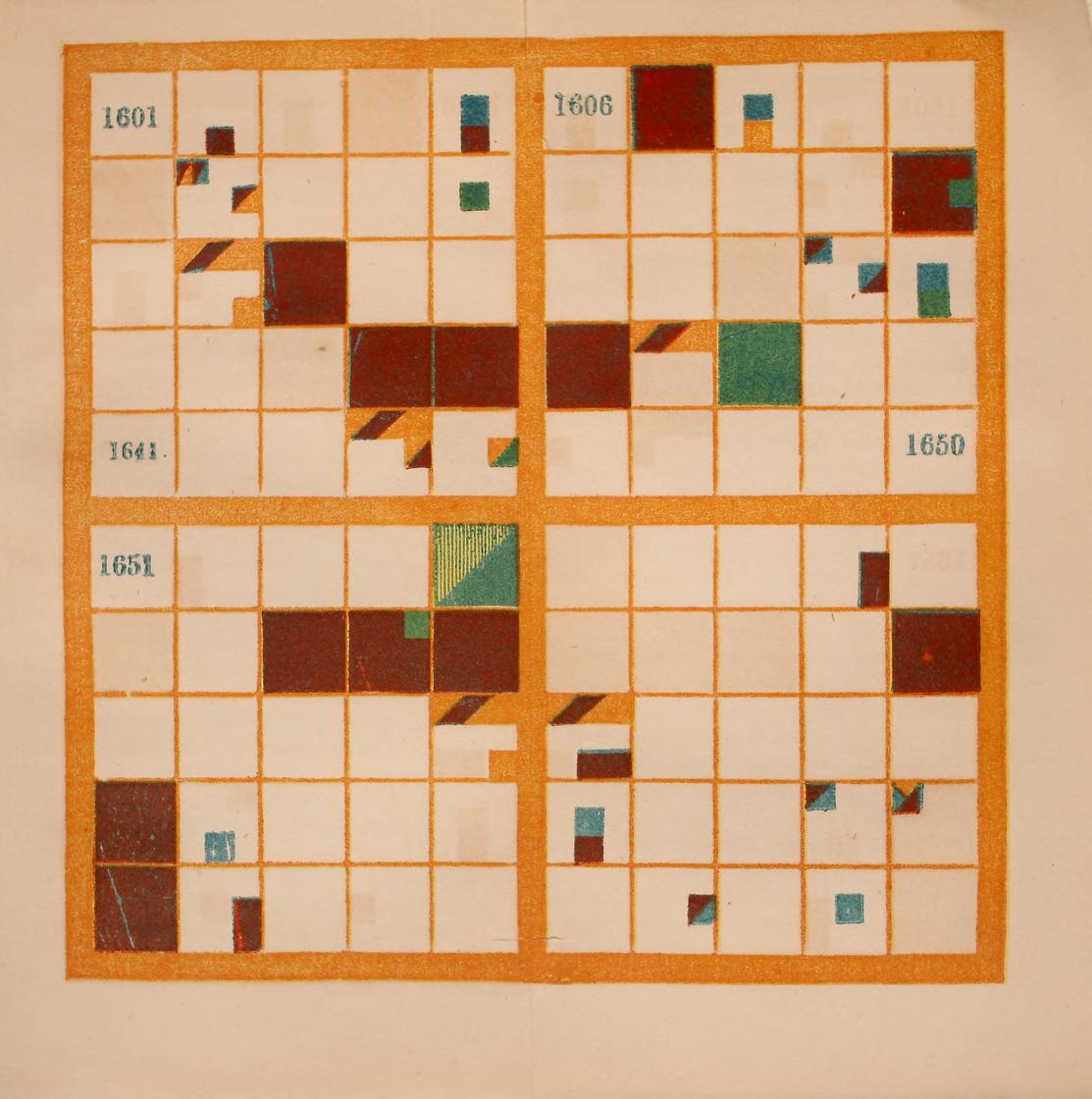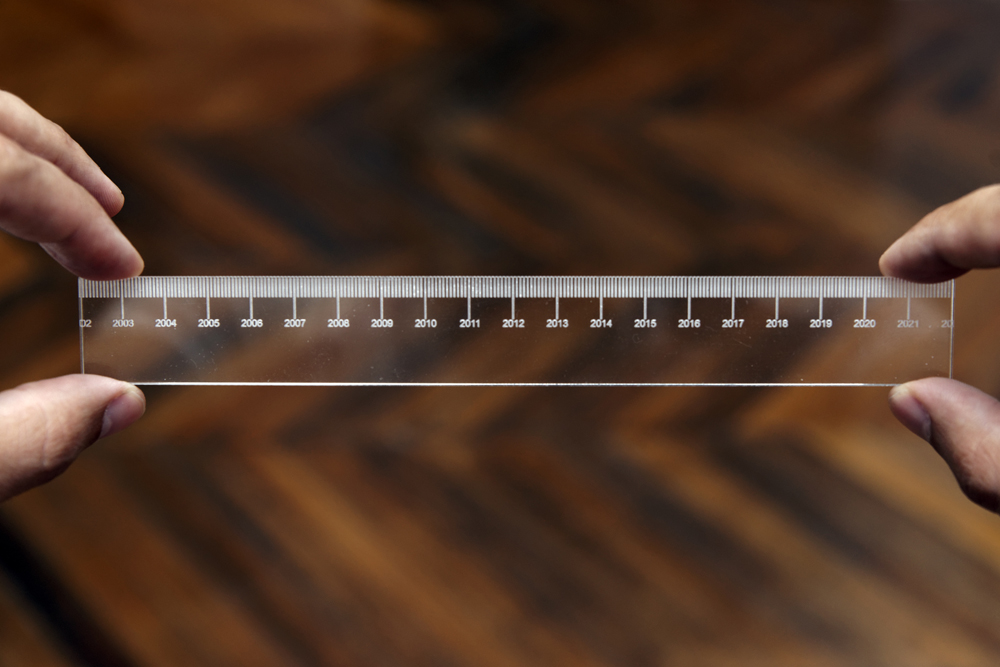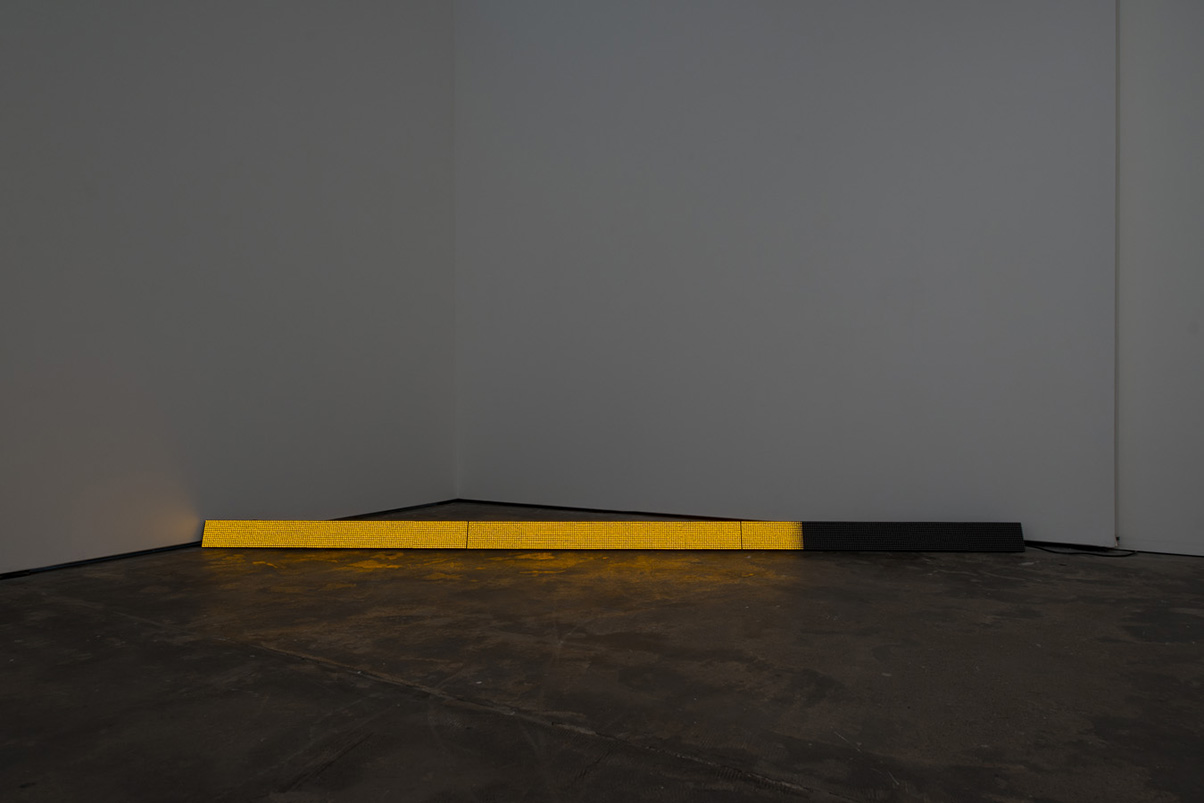The Shape of History
“But what would it mean if we took a different view of what visualization could do? What would it mean if a visualization was designed to be difficult and abstract? If it was intended to send us back to the original source of the data in order to make sense of the image we encountered? What if the goal of visualization was to allow each person, individually, to interpret the image for herself?
This was the aim of Elizabeth Palmer Peabody, the nineteenth-century writer, editor, and educator. Inspired by a system developed in Poland earlier in the century, she devised a method of translating historical events into shape and color. In her textbook, she explained her desire to appeal to the “mind’s eye” so that each student could create a personal account of the past.”








